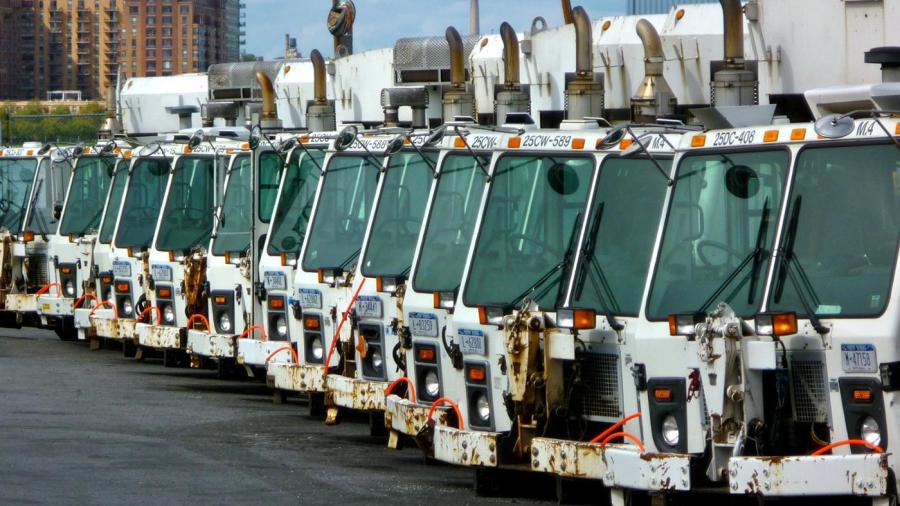Why Is Sanitation Important?

Sanitation is important because a variety of harmful or deadly bacteria would otherwise infect people and potentially start a disease. The increase in lifespan and the improved quality of life over the past few centuries is partially due to improvements in sanitation procedures.
For example, surgeons in pre-industrial societies would often operate on patients without washing their hands because they did not understand the concept of bacteria. Therefore, bacteria would be introduced to a patient’s body through open incisions, bypassing the skin as a natural defense mechanism. Cleaning and sterilizing instruments with rubbing alcohol helps to block foreign microorganisms.
The same holds for sanitation in the food service industry. By keeping separate foods apart, the possibility of cross-contamination diminishes. Employees keep their hands clean, their hair up and their nails clipped. This prevents germs from entering customers’ food.
The importance of sanitation goes beyond health. First impressions matter; if someone walks into a place of business or a home that is filthy, there is a possibility that the person might not come back. Many people are turned off by homes filled with garbage, piled-up dishes and other items that attract germs. Sanitation helps to make people feel safe and comfortable.





